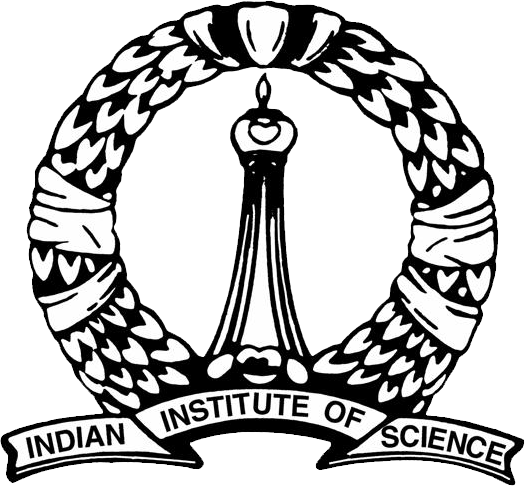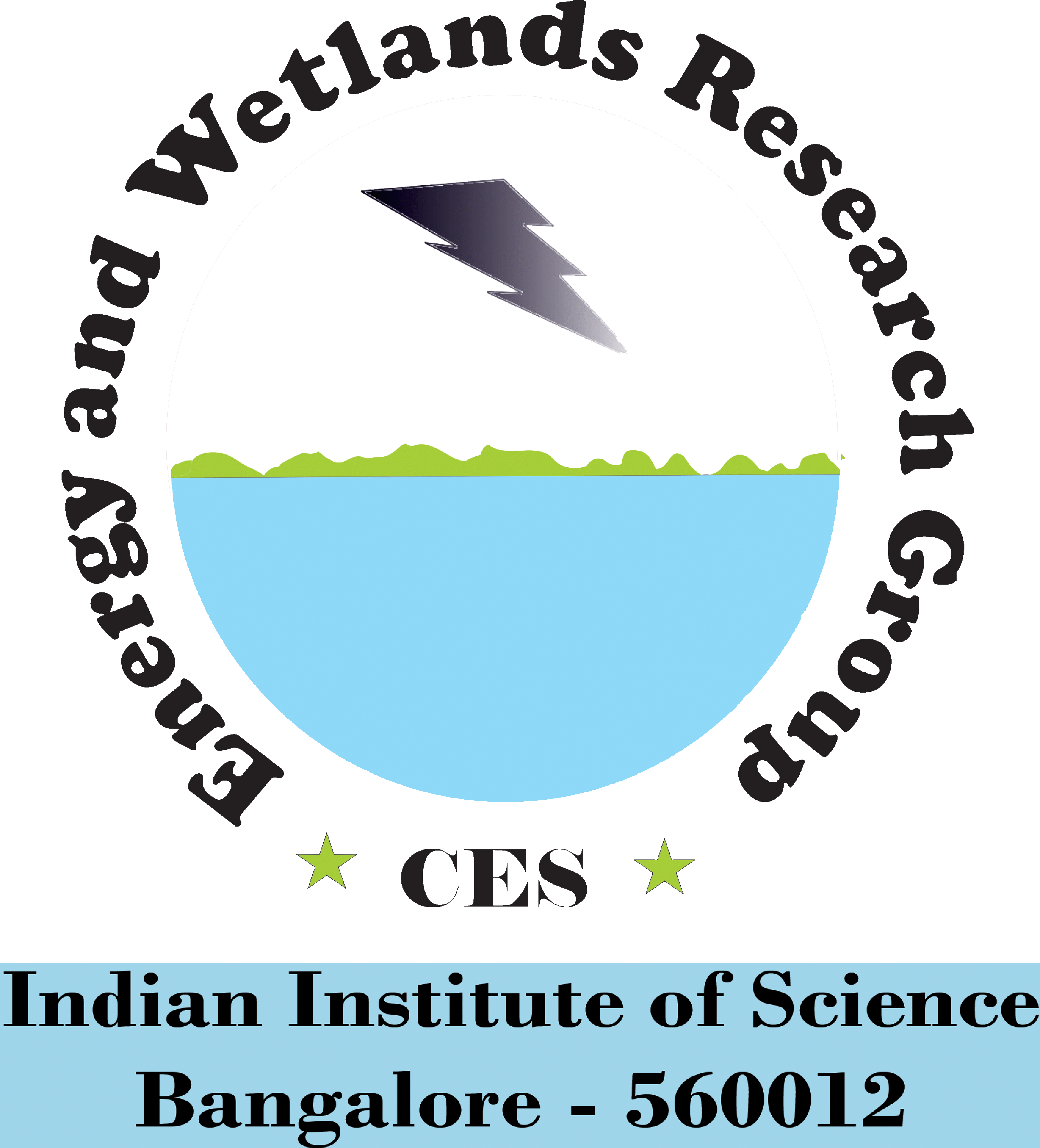|
 |
WATER SITUATION IN BENGALURU |
 |
*Corresponding author: cestvr@ces.iisc.ac.in
|
 |
WATER SITUATION IN BENGALURU |
 |
Water: the Elixir of Life
Water is one of the fundamental elements of the universe from which early life originated millions of years ago on earth. Every life on the earth is primarily dependent on water which hosts innumerable aquatic species from single cell creatures to gigantic blue whales. As the evolution of human took place, civilized human settled down on the fertile river banks. In other words, river banks are the motherhood for civilized human and most of the civilization around the world. These river or lake banks gave water for drinking and also for cropping along with mineral rich soil. Civilized men knew the importance of water and respected these water bodies. Earlier generation and as per the literatures of the human history, worshipped the nature as Pancha Bhutas (Five fundamental elements) viz. Agni (Fire), Vaayu (Wind), Varuna (Water or Rain), Bhoomi (Soil or Mother Earth) and Akaash (Space). The literatures emphasize about the nature and worshipping nature is also a way of conserving its serenity. In addition to rain, the major source of water include rivers, lakes, springs, reservoirs, etc. [1], Righvedha mentions about thirty rivers in varying frequency, including the famous saptasindhu (seven rivers) and pañca-āp (five-waters) which is in Punjab. [2, 3, 4, 5]. Historically, Indians had explored the scientific aspects of rain and water harvesting through lakes, tanks and ponds. Further, significance of constructing tanks and lakes is highlighted as “a person who constructs a tank attains 100 million times more and goes directly to heaven in a fine chariot”. Furthermore, since cattle and other animals drink water from the tank, the person who builds a tank is absolved of any sin in life. Gifting water through construction of a reliable water source was considered to be worthy and more important than having 1000 children. Water the elixir of life evident from,
Rig Veda (RV) mentions that once water is released from clouds and reaches the earth, rivers become both the receptacles and a panacea [7, 8, 9] with medicinal properties (the elixir of life) prevents and eliminates all diseases [10]. As in the Atharva Veda replete with bheṣajya sūkta or medicine hymns, water treatment cures a number of internal diseases/ discomforts including kṣetriya (heredity disease) [11], āsrāva (excessive bodily discharges) [12] , rapas (frailty), amīvā (pain or distress) [13], yakṣma (disease in general) [14] and āhruta (dislocation of limbs) [15] and diseases related to the heart, eyes or limbs [17,18]. Chandogya Upanishad also upholds the importance of water in first place, one of the shlokas as follows:
 Water bodies were cherished in every society and earlier rulers. Arthashastra, by Chanakya (Kautilya) in 300 BC endorses the importance of water conservation and tanks in the region. According to this, king must build a water source that does not dry up during the year. If he is not able to do so, as an alternative, he should provide the land and other essential materials to the one who voluntarily offers to build a tank. Further, it lays down that the natural flow of water from a higher tank to a lower one should not be stopped unless the lower tank has been rendered useless for three consecutive years. All religion have emphasized that water is essential for life on the earth. Qur’an says, water is the origin of all life on earth, the substance from which God created man (Qur’an 25:54). The Qur’an emphasizes its centrality: "We made from water every living thing"(Qur’an 21:30). Further it highlights that, water is the primary element that existed even before the heavens and the earth did: "And it is He who created the heavens and the earth in six days, and his Throne was upon water" (Qur’an 11:7). Stringent rules on water usage were present in Arab countries. The Arabic word for Islamic Law "Shari`ah" is closely related to water. It is included in early Arab dictionaries and originally meant “the place from which one descends to water.” Before the advent of Islam in Arabia, the shari`ah was, a series of rules about water use: the shir`at al-maa’ were the permits that gave right to drinking water [19]. The word ‘water’ is mentioned 722 times in the scriptures of Holy Bible, which is many more times than ‘prayer’ or even ‘worship’.
|
| Contact Address : | |||
| Dr. T.V. Ramachandra Energy & Wetlands Research Group, Centre for Ecological Sciences, New Biological Sciences Building, 3rd Floor, E-Wing, Lab: TE15 Indian Institute of Science, Bangalore – 560 012, INDIA. Tel : 91-80-22933099 / 22933503(Ext:107) / 23600985 Fax : 91-80-23601428 / 23600085 / 23600683 [CES-TVR] E-mail : cestvr@ces.iisc.ac.in, energy@ces.iisc.ac.in, Web : http://wgbis.ces.iisc.ac.in/energy |
|||